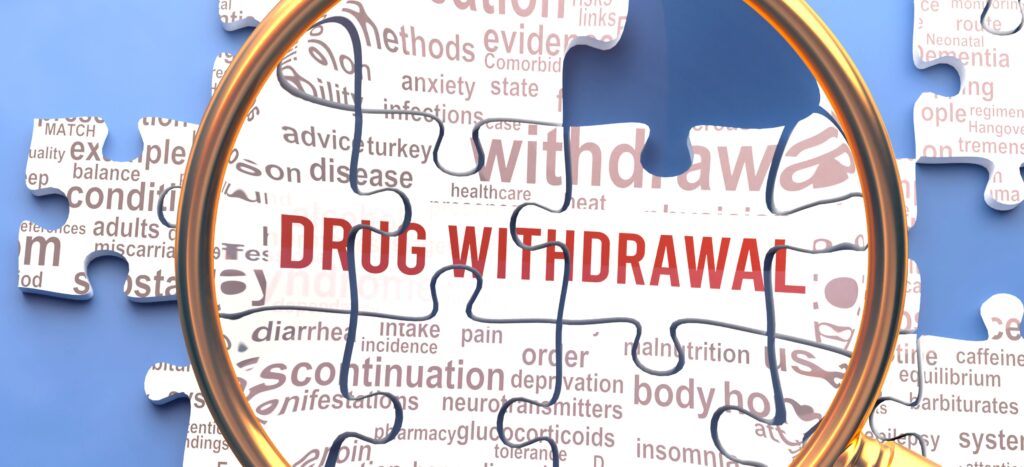Commonly, yes. In any case, insurance agencies may request that individuals look over a little arrangement of affirmed financials, and they may request that individuals pay a portion of the costs associated with the treatment. Medical detox facilities frequently have staff members who are prepared to manage insurance companies, and they can respond to inquiries regarding coverage quickly and easily.
Detox can mean various things depending upon the insurance company.
Regardless of the method or provider, the result is the same: freeing the body of an addiction to drugs or alcohol. The Substance Abuse and Mental Health Services Administration says that 20.6 million individuals abused drugs and needed assistance in 2011 alone, so detox is fast becoming an intense interest in America.
Unfortunately, most of the people who need assistance don’t seek it out, for varying reasons. As indicated by SAMHSA, 37.3% of individuals who didn’t seek for treatment in 2011 referred to an lack of insurance or inability to pay as the reason they didn’t get help. Another 10.1% had insurance coverage, yet it didn’t cover substance abuse treatment.
Substance Abuse Treatment and the ACA
In years past, protection frequently did not cover substance abuse addiction. When President Obama signed the Affordable Care Act in 2010, this began a rush of progress that was at that point preemptively happening inside numerous insurance agencies. The ACA requires that all plans give coverage to substance abuse issues. Therefore, anybody with an ACA insurance plan can look for detox treatment and know that it will be covered. How much an individual pays depends on the individual insurance plan. Also, a referral may be required from a primary care doctor before an insurance company will agree to cover treatment.
Likewise, the ACA additionally mandated that policies cover the treatment of mental health issues. Numerous individuals who battle drug abuse often also struggle with psychological wellness issues.
Treatment medications, the treatment itself, and even time spent in an inpatient facility are frequently covered by private insurance companies as well.
Not only do ACA plans offer this coverage, but also those on Medicaid are covered, as well. SAMHSA reports 7,204 substance abuse treatment facilities accept this type of government-subsidized medical coverage. Medicaid reports around 12% of grown-ups who are beneficiaries of this protection have a substance use issue.
Numerous businesses provide medical coverage plans that include addiction treatment. Those businesses that provide insurance that covers addiction treatment, including paying for detox, regularly find that it is well worth it. SAMHSA takes note that 76% of drug and alcohol addicts are employed.
A few plans cover 100% of the cost of detox and treatment after deductibles are met. Others expect co-payments to be paid by the individual subscriber.
The detox procedure differs depending on the drug being misused, and likewise, the amount of the costs covered by insurance will change as determined by the method chosen and the person’s particular arrangement. People who misuse alcohol may require increased attention if withdrawal brings seizures or mental trips. Inpatient care is regularly required during this time, which accompanies expanded treatment costs.
Dependence on specific medications — like sedatives and benzodiazapines — require long haul treatment that may take 1-2 weeks to complete. In specific cases, substitution meds, for example, buprenorphine or methadone, might be regulated to help the detox procedure; nonetheless, this is evaluated on an individual premise. The American Society of Addiction Medicine affirms government offices and private insurance agencies across over 11 states in America keep up impediments on the term of these medications that range from one to three years.
People who misuse benzodiazepines are guided in the detox process to decrease the medication over an organized timeframe, and brought down in gradual dosages. By and large, the portion is diminished by one-fourth of the present portion each day through the span of about fourteen days. This type of detox can be finished on an Inpatient and/or Outpatient premise and, in that capacity, is commonly increasingly reasonable. Like detox from liquor and sedatives, benzo detox requires therapeutic supervision.
Across the board protection inclusion is accessible for outpatient treatment. That being stated, there are time points of confinement forced by numerous protection strategies on both outpatient and inpatient care. While some insurance agencies offer approaches that stretch out treatment inclusion for as long as a half year or a year, others may stop inclusion after only two weeks. It’s significant for customers to check their advantage inclusion with the picked treatment office and their protection supplier before focusing on a particular treatment plan.
Past Withdrawal
Treatment is additionally a major piece of treating substance misuse and addictions. Detox alone isn’t sufficient. Regularly, psychological well-being administrations are secured by protection; be that as it may, it’s critical to confirm inclusion points of interest. Prominent techniques for treatment known to treat Substance Abuse Addiction include:
- Subjective Behavioral Therapy
- Group and Individual Therapy
- Inpatient Drug and Alcohol Rehab
- Arrangement Focused Therapy – Outpatient Group Therapy
- Family Counseling and Therapy
- EMDR Trauma Therapy
Treatment is commonly secured by most private insurance companies, insofar as it’s a model of treatment affirmed by the American Psychological Association.
All encompassing regimens and practices, for example, guided contemplation and meditation, may not be covered. That doesn’t mean these strategies don’t have their place in the treatment world. Arizona Addiction reports the decrease in paces of medication use and overwhelming drinking among people who were in a contemplation gathering, contrasted with those in a regular backslide aversion program.
By and large, having medical coverage is unequivocally corresponded with the probability that somebody will look for treatment for substance abuse. People who are a recipient to government medical coverage are 48-88 percent bound to get treatment for a substance use issue, the White House reports.
Call us today to speak more about our detox program and how we can get you or a loved one sober!
1-866-754-4394








